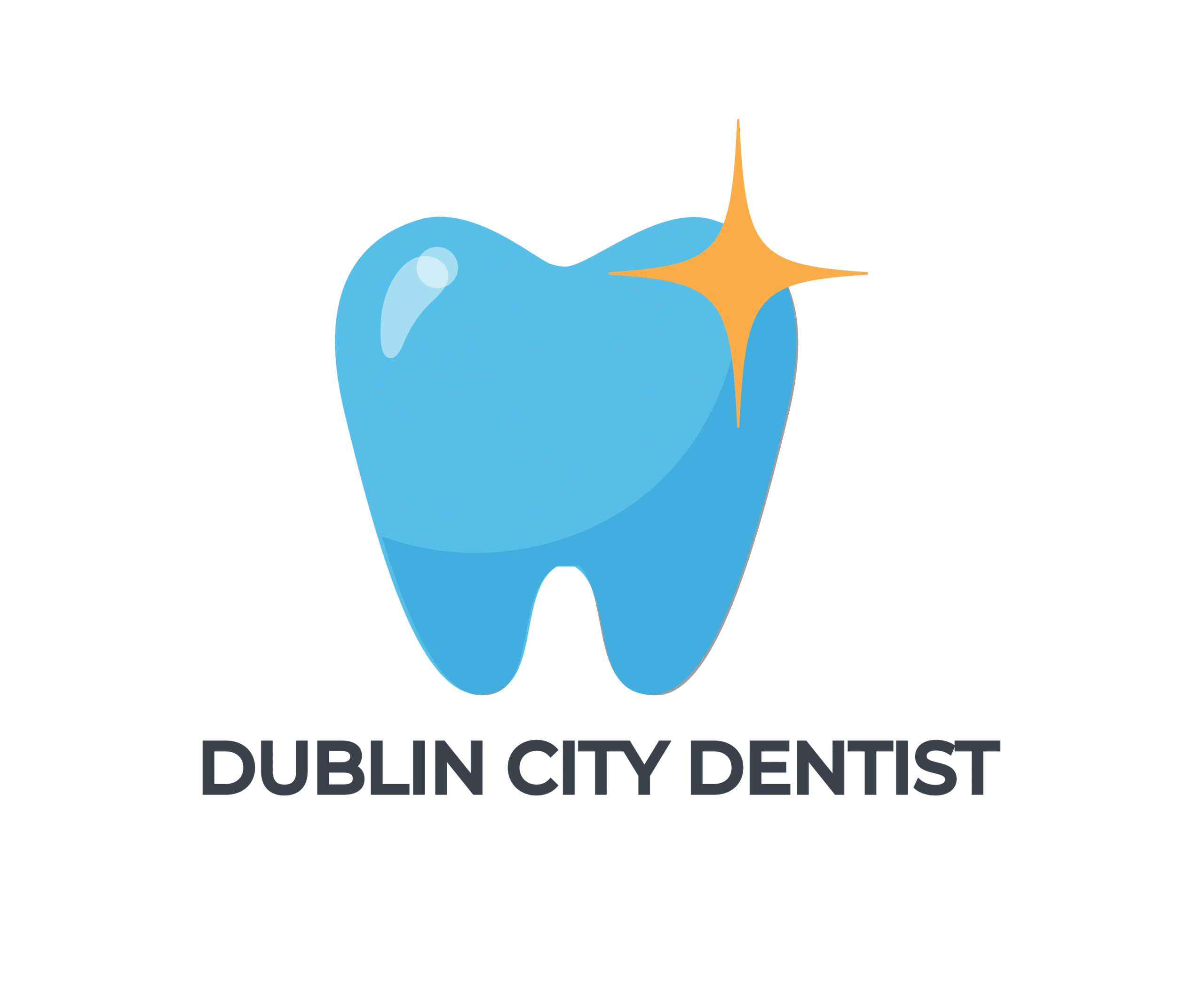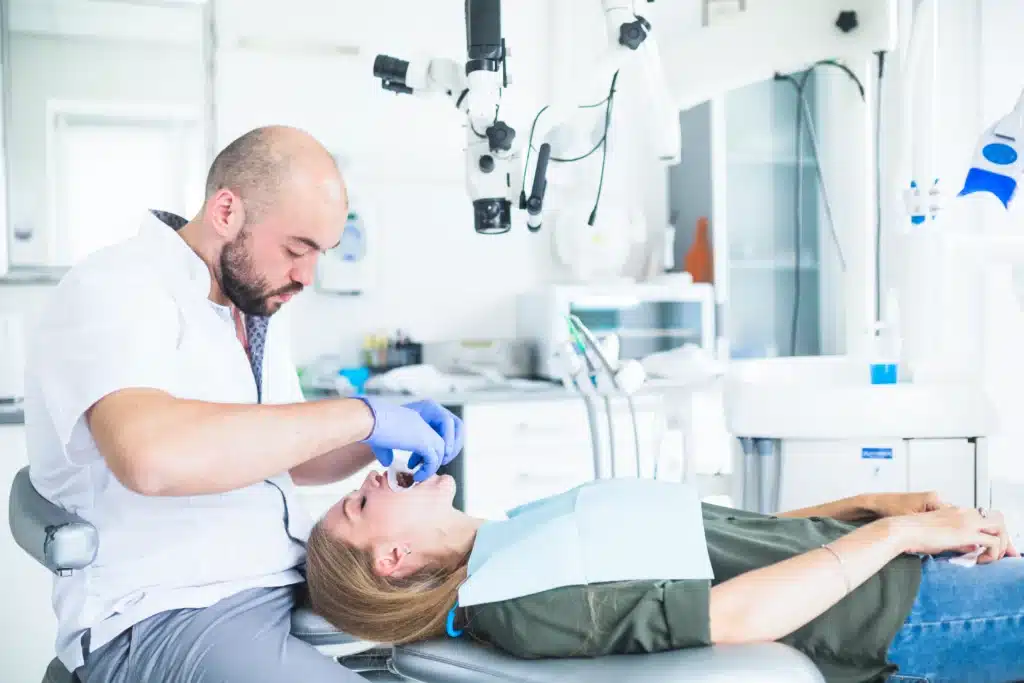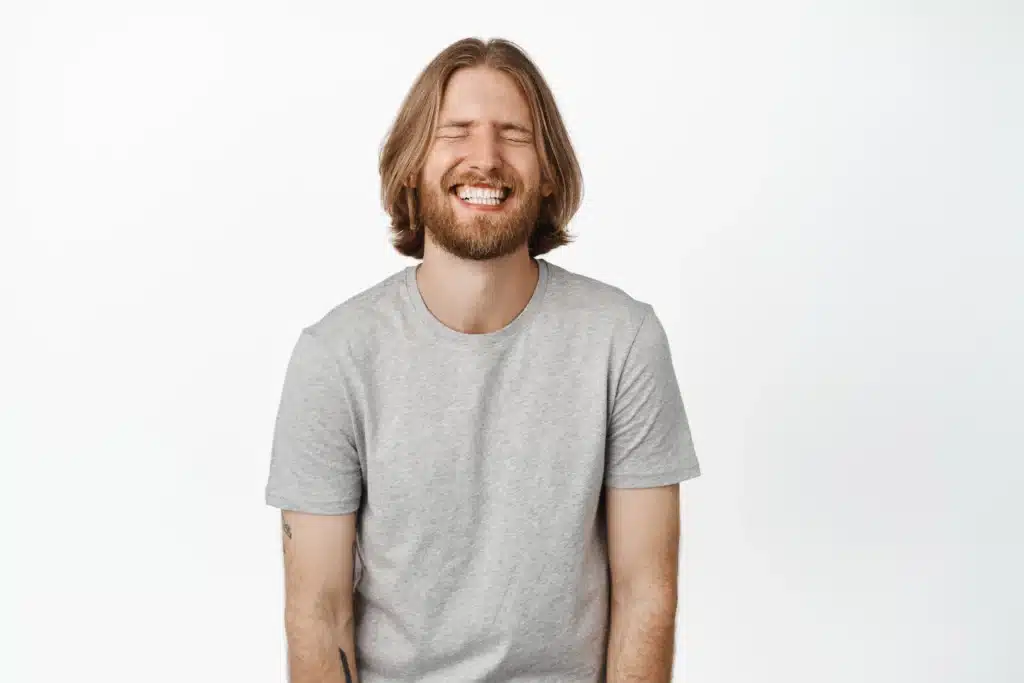How To Stop Grinding Teeth In Sleep Naturally

Waking up with a sore jaw or a nagging headache can feel like you’ve been battling unseen forces in your sleep. If you’re familiar with this morning ritual and toothache, you might be grappling with bruxism, a common yet often overlooked condition where you grind your teeth while sleeping. This nocturnal habit can disrupt your sleep, leave you in discomfort, and gradually wear down your teeth. Fortunately, there’s light at the end of the tunnel. With some natural strategies and a dash of expert advice, saying goodbye to teeth grinding is within reach.
The Impact of Teeth Grinding
Grinding teeth in sleep, medically termed bruxism, emerges as a widespread challenge impacting roughly 8-31% of individuals across diverse age groups. It’s not just an annoying habit; it’s an involuntary act that can wreak havoc on your dental health and overall well-being. The relentless grinding exerts undue stress on your teeth and jaw, leading to jaw pain, frequent headaches, and over time, significant dental damage. The genesis of bruxism is multifaceted, often rooted in psychological stress, anxiety, or physiological factors like misaligned teeth or an abnormal bite. Its stealthy nature, predominantly occurring during sleep, makes it a silent adversary to oral health. The act of grinding puts undue stress on the muscles, tissues, and other structures around the jaw, leading to a cascade of effects that can exacerbate over time if left unaddressed.
Less Stress
Easier said than done, right? But hear me out. Stress is a big teeth grinding trigger. Whether it’s yoga, reading, or listening to chill music, finding your zen can help ease the grind. If stress feels like a big beast, chatting with a pro could give you new strategies to tackle it.
- Mindfulness and Meditation: Dedicate 10-15 minutes before bed to practise mindfulness or meditation. Use apps or online guides to help you start.
- Physical Exercise: Regular physical activity, such as walking or swimming, can reduce stress and improve sleep quality.
- Time Management: Organise your day to reduce rush and stress, which can indirectly help minimise teeth grinding.
Jaw Gymnastics
Okay, not exactly gymnastics, but gentle jaw exercises can really help loosen things up. A few stretches can go a long way in easing tension. Our dentists can recommend the best moves for you, ensuring you’re not just randomly opening and closing your mouth like a fish.
- Massaging: Gently massage your jaw and neck muscles with your fingers in circular motions to relieve tension.
- Stretching: Open your mouth wide, then slowly close it, repeating several times to stretch jaw muscles.
- Consultation: Visit a physical therapist or dentist who can recommend specific exercises tailored to your needs.
Sleep Right
Creating a bedtime ritual can set the stage for a more peaceful night. Cool, dark, and tech-free is the way to go. If sleep troubles are a constant battle, a check-up might uncover something more, like sleep apnea, which can also lead to grinding.
- Pillow Selection: Use a pillow that keeps your head and neck aligned with your spine. Consider a memory foam pillow that moulds to your shape.
- Back Sleeping: Try to sleep on your back more often, using a pillow under your knees for added comfort if necessary.
- Repositioning: If you find yourself on your side or stomach, gently reposition yourself back to your back during the night.
- Massaging: Gently massage your jaw and neck muscles with your fingers in circular motions to relieve tension.
- Stretching: Open your mouth wide, then slowly close it, repeating several times to stretch jaw muscles.
- Consultation: Visit a physical therapist or dentist who can recommend specific exercises tailored to your needs.
Ready to Stop Grinding?
Our dentist clinic in Dublin City is here to help, starting with a free consultation. We’re all about finding the right solution for you, from natural strategies to the perfect mouthguard. Let’s get you back to sleep without the grind, contact us now!
Teeth grinding doesn’t have to be your nightly routine. Reach out today and let’s tackle this together. Your jaw (and your sleep buddy) will thank you.
Your dental health is our top priority, and we’re here to support you every step of the way.
Cut Back on the Caffeine
Love your late-night espresso? Your teeth might not. Cutting back on caffeine and alcohol can help your jaw relax, not to mention improve your sleep quality. If cutting back alone doesn’t do the trick, it’s time to seek some advice.
- Limit Consumption: Avoid caffeine and alcohol at least 4-6 hours before bedtime.
- Substitutes: Replace caffeinated beverages with water or herbal teas throughout the day.
- Awareness: Be mindful of foods and medications that may contain caffeine, such as chocolate or certain pain relievers.
When to Consider a Mouthguard
When considering options for managing teeth grinding during sleep, it’s important to weigh the effectiveness of natural remedies against the immediate protection and relief provided by a mouthguard. While natural remedies can be highly effective in the long term, a mouthguard offers immediate protection from wear and tear on the teeth and can alleviate pain associated with grinding.
Consult with a dentist to discuss the option of a custom-fitted mouthguard. While over-the-counter options are available, a custom fit provides the most comfort and protection, ensuring optimal relief from grinding-related discomfort.
Managing Daytime Bruxism
Managing daytime bruxism involves increasing awareness of jaw tension throughout the day and adopting habits to prevent clenching and grinding:
Awareness: Set reminders to periodically check in on your jaw tension, consciously ensuring that your teeth are not clenched during the day. This heightened awareness can help break the habit of clenching.
Chewing Gum: Sugar-free gum can help keep your mouth occupied and discourage grinding. However, be cautious not to overdo it, as excessive chewing can lead to jaw fatigue and other dental issues.
Hydration: Maintaining proper hydration is essential, as dehydration can exacerbate muscle tension, including jaw clenching. Drink plenty of water throughout the day to keep your muscles relaxed.
Relieving Jaw Pain from Grinding
Relieving jaw pain resulting from grinding requires a combination of pain management techniques and muscle relaxation methods:
Pain Relievers: Over-the-counter pain relievers can be used to alleviate discomfort caused by jaw pain. Ensure to follow the manufacturer’s guidelines for dosage and usage to avoid any adverse effects.
Warm Compress: Applying a warm compress to the jaw area for 10-15 minutes can help relax the muscles, reducing tension and discomfort. This simple technique can provide immediate relief from jaw pain associated with grinding.
Jaw Massage: Regularly massaging the jaw muscles can help reduce tension and alleviate pain. Gently massage the muscles using circular motions, focusing on areas of particular discomfort. Incorporating jaw massages into your daily routine can contribute to long-term relief from grinding-related jaw pain.
Why Bother?
Going it alone can feel like a never-ending battle. With a little help from Dublin City Dentist, you can get a custom plan that tackles your grinding from all angles. Whether it’s a special mouthguard that doesn’t feel like you’re wearing a hockey puck, or pinpointing stress management techniques, the right help can make a big difference.
What’s in It for You
- Better Sleep: Imagine waking up actually feeling rested. Nice, right?
- Less Pain: Say goodbye to that “I’ve been chewing on rocks” feeling.
- Save Your Teeth: Prevent chips, wear, and tear on your pearly whites.
- Kick Stress to the Curb: Learn how to manage stress so it doesn’t manage you.
- Avoid Awkwardness: No more worrying about the noise keeping others up.
Ready to Stop Grinding?
Dublin City Dentist is here to help, starting with a free consultation. We’re all about finding the right solution for you, from natural strategies to the perfect mouthguard. Let’s get you back to sleep without the grind, contact us now!
Teeth grinding doesn’t have to be your nightly routine. Reach out today and let’s tackle this together. Your jaw (and your sleep buddy) will thank you.
Your dental health is our top priority, and we’re here to support you every step of the way.

Save up to 50%
on all services!
Why wait to get the perfect smile you’ve always wanted?
Our team of experts is committed to providing personalized care and attention, and we take the time to listen to your concerns and answer all of your questions.






